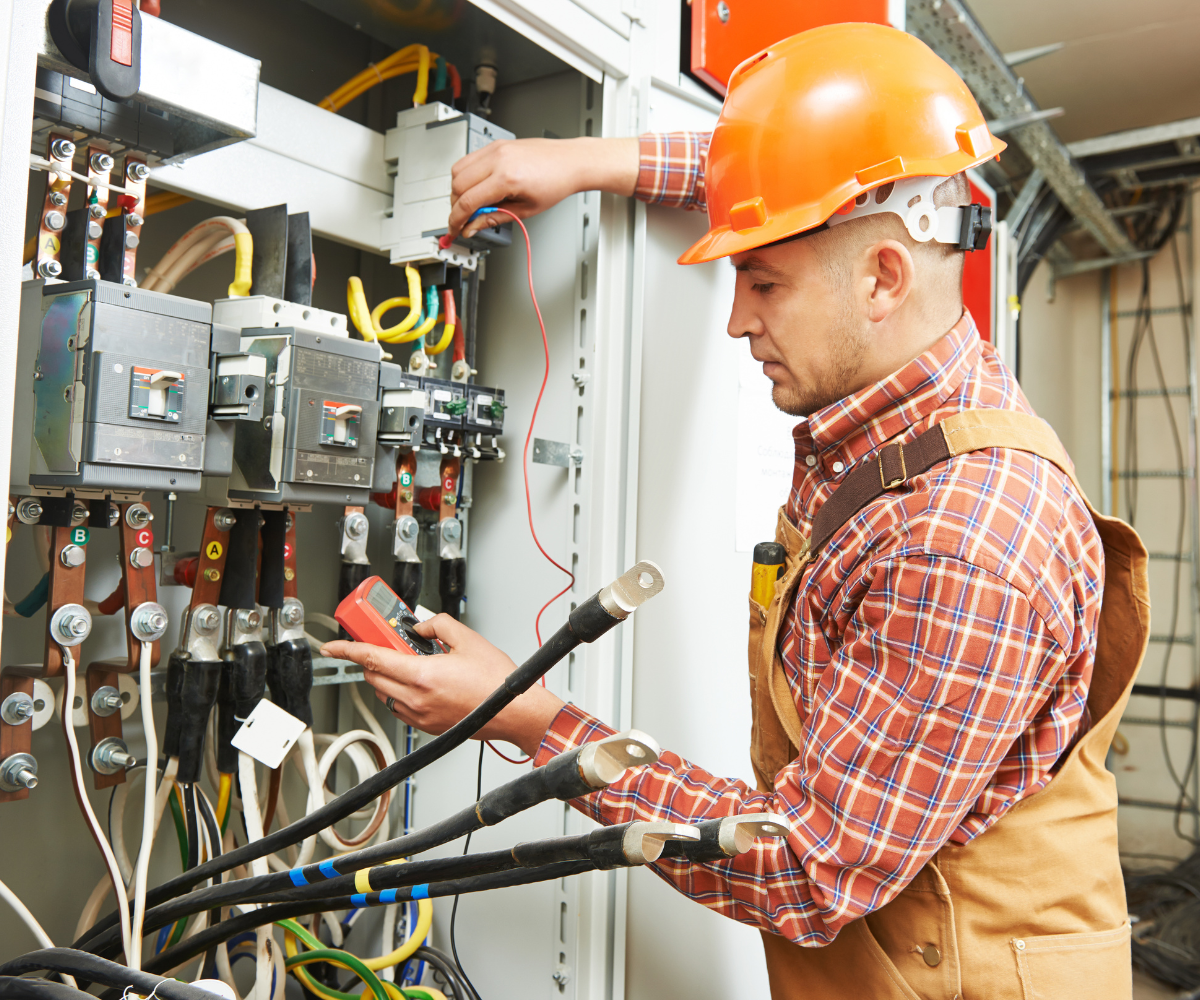Power inverters are electronic devices that convert DC (direct current) electricity from sources such as batteries or solar panels into AC (alternating current) electricity that can be used to power household appliances and electronics. There are several different types of power inverters that can be used at home, each with their own strengths and weaknesses. Here are some of the most common types of power inverters for home use:
- Pure Sine Wave Inverters: Pure sine wave inverters are considered the gold standard of power inverters for home use. They produce a high-quality AC waveform that is nearly identical to the waveform of grid power, which means they can power all types of appliances and electronics without any problems. They are also more efficient and produce less noise and heat than other types of inverters.
- Modified Sine Wave Inverters: Modified sine wave inverters are less expensive than pure sine wave inverters, but they produce a lower-quality AC waveform that can cause problems with some types of appliances and electronics. They are suitable for powering simple devices like lights, fans, and some electronics, but not recommended for more sensitive equipment like medical devices or computers.
- Grid-Tie Inverters: Grid-tie inverters are designed to work with solar panels and connect to the utility grid. They are used to feed excess solar energy back into the grid and earn credits on utility bills. They do not provide backup power during a power outage, but they can help homeowners save money on their energy bills over time.
- Off-Grid Inverters: Off-grid inverters are used in standalone solar energy systems that are not connected to the utility grid. They are designed to provide backup power during a power outage and can power all types of appliances and electronics. They are more expensive than grid-tie inverters, but offer greater independence and resilience.
- Micro Inverters: Micro inverters are used in small-scale solar energy systems and are designed to convert DC electricity from individual solar panels into AC electricity. They are more expensive than other types of inverters, but offer greater efficiency and flexibility in system design.
In conclusion, there are several different types of power inverters that can be used at home depending on the specific needs and requirements of the homeowner. Pure sine wave inverters are considered the best option for high-quality and reliable power, while modified sine wave inverters are more affordable but may not be suitable for all types of appliances and electronics. Grid-tie and off-grid inverters are designed for solar energy systems and offer different advantages and disadvantages. Micro inverters are a specialized option for small-scale solar energy systems that require greater flexibility and efficiency.




